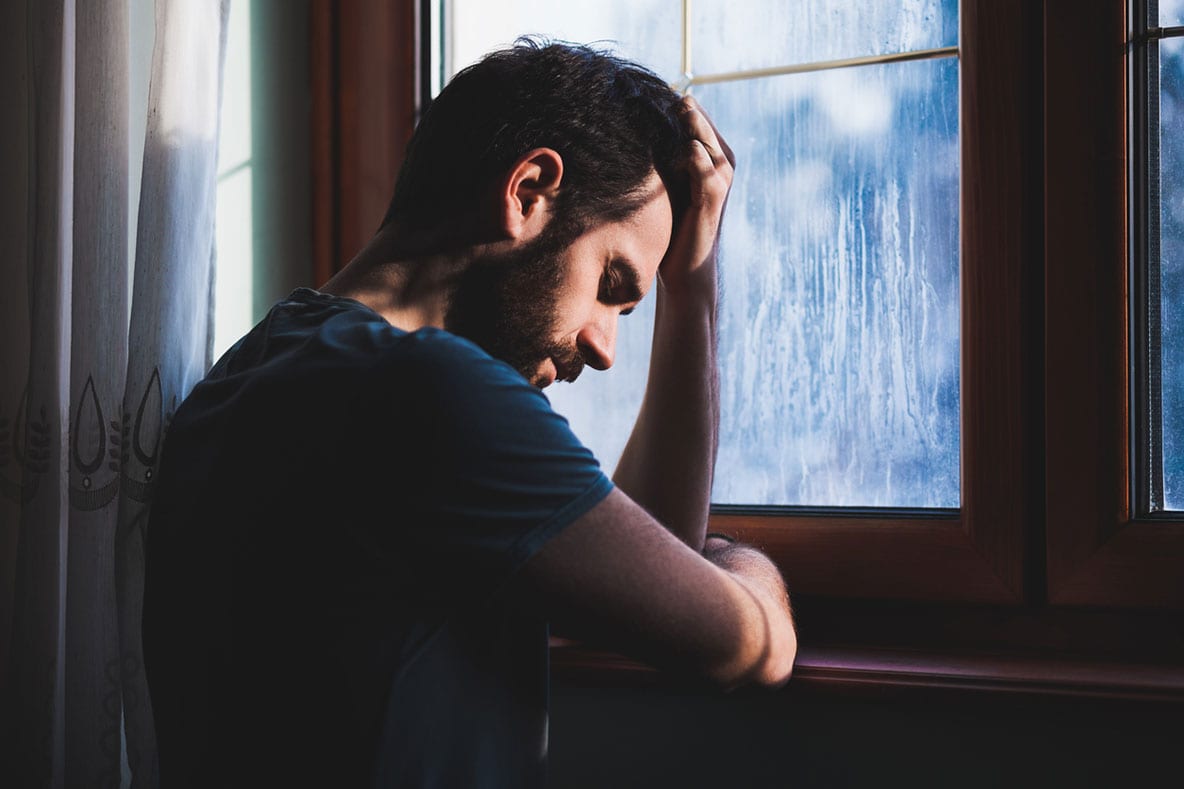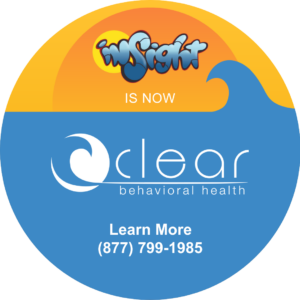Addiction can come with a myriad of problems, difficulties and troubles. Some of them predate the addiction and some are caused by the type of life the addict lives. When this arises in the addict is it important to take care of the addiction first before tackling other problems. Many addicts that have really been through the thick of it deal with a dual diagnosis, anything from PTSD, to social anxiety. All things that make the road to recovery that much more difficult to traverse. All of these need a different level of care to recover from, all need to be tackled as an independent issue and can’t always be lumped in together. It is true that the use of drugs and alcohol can exacerbate the issue, but that doesn’t mean that when the addict does get clean and sober the other problems are fixed. Even if the symptoms have lessened. In this article we will cover a couple of the common diagnosis that can accompany the recovering addict.
PTSD
Post-traumatic stress disorder is a mental condition that is triggered or induced by experiencing or witnessing a terrifying event. These events are often the result of violence; whether it be physical, verbal or sexual. Symptoms may start within a month of the traumatic event, but sometimes don’t surface until years after the event. These symptoms may cause difficulties at work, in social or work situations. They may also make having an intimate relationship very difficult to maintain. Things may even progress to the point where achieving even simple daily tasks become too difficult to complete.
PTSD symptoms can generally be grouped into four types: intrusive memories, avoidance, negative changes in thinking or mood, and changes in physical and emotional reactions. Symptoms can vary over time or vary from person to person.
Intrusive memories
- Recurrent distressing memories of the traumatic event
- Reliving the traumatic event as if it were happening again, most commonly referred to as “flashbacks”
- Vivid dreams or nightmares of the events or similar events
- Severe emotional or physical reactions to something that reminds you of the event
Avoidance
- Trying to avoid talking about or thinking about the traumatic event
- Avoiding places, people or topics that remind you of the event
Negative changes in thinking
- Hopelessness about the future
- Negative thoughts about the people around you or the world in general
- Difficulty remembering details, especially specific parts of the traumatic event
- Detachment from family
- Lack of interest in things you once enjoyed
- Difficulty experiencing positive emotions
- Feeling emotionally numb
Changes in physical and emotional reactions
- Being easily startled or frightened
- Always being on guard for danger
- Self-destructive behavior
- Trouble sleeping or concentrating
- Irritability, angry outbursts or aggressive behavior
- Overwhelming guilt or shame
Intensity of these symptoms can vary widely from person to person. General stress can sometimes cause the symptoms to flare up or reminders of the initial trauma. One can hardly handle the rigors of recovering from PTSD with active addiction going on. Once the addiction is sorted out then recovery can start on the trauma.
Social Anxiety
The defining feature of social anxiety or social phobia, is intense anxiety or fear of being judged, negatively evaluated, or rejected in a social or performance situation. This results in isolation and depression. Two things that can be very detrimental to an addict especially one in recovery. On one side of the spectrum anxiety can cause un-comfortability in social situations or large crowds, and on the other can cause full blown panic attacks resulting in rapid heartbeat, sweaty palms, shortness of breath, and nausea. Symptoms may be so extreme that they disrupt daily life and can interfere significantly with daily routines, occupational performance, or social life, making it difficult to complete school, interview and get a job, and have friendships and romantic relationships. People with social anxiety disorder are also at an increased risk for developing major depressive disorder and alcohol and drug use disorders. Addiction and anxiety feed off each other, they each exasperate the already dire situation.
In treating anxiety there are a few outlets to try. There are many medical professionals that can help navigate the tricky road that is recovery. Many medications can help with these feelings of unease, along with talking to a therapist, or possibly joining a support group. Whichever route is taken both the addiction and the anxiety need to be treated because this combinations of disorders can be deadly.
Although the substance abuse may be the most prominent or most evident problem, most addicts come with a myriad of other problems. And they all have a specific treatment and a specific road to recovery. But all avenues need to be explored, all problems need to be faced. Because of the volatility that this mixture creates a lapse in one part can lead to total collapse in all areas. But there is help out there and an answer that is worth finding.

